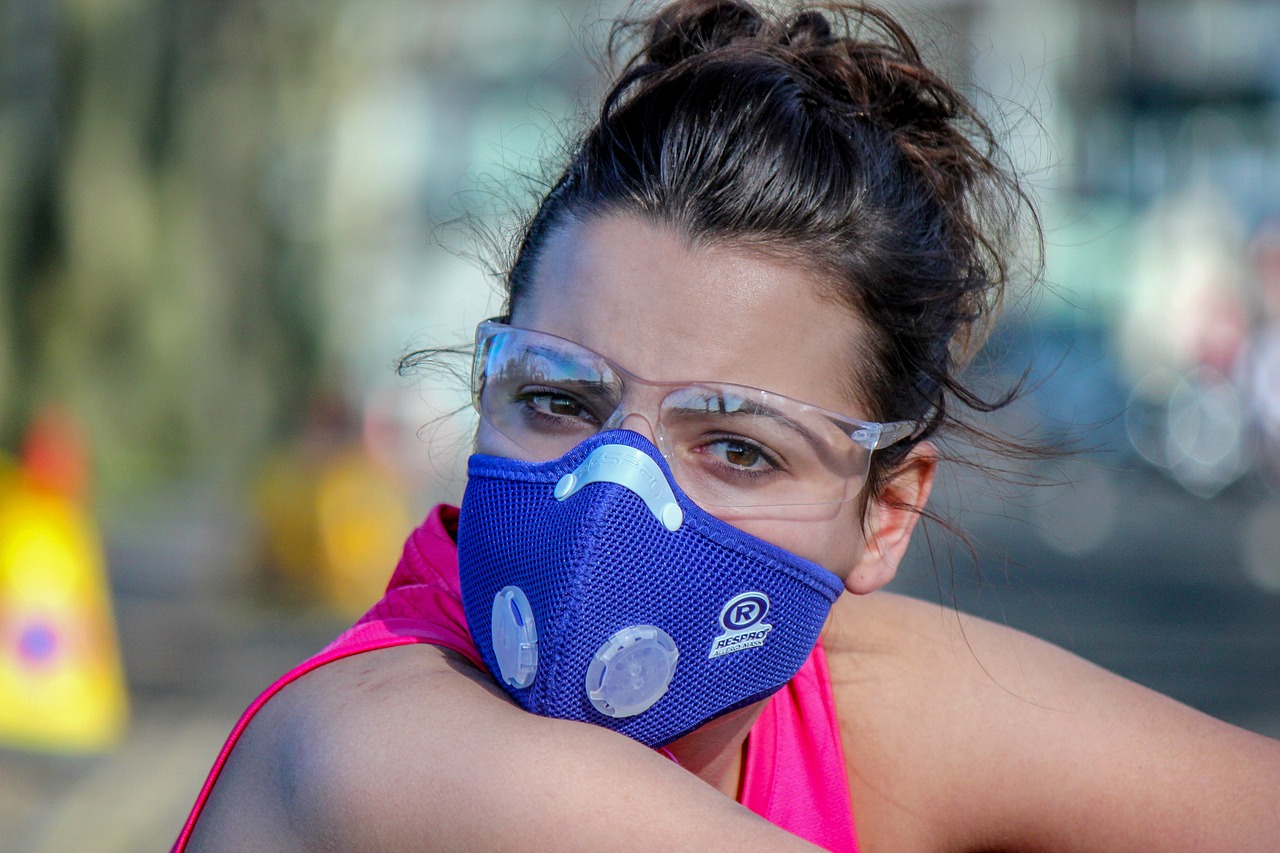
A team of researchers at the La Jolla Institute for Immunology has identified a new way to treat severe asthma. The study, published in the Journal of Allergy and Clinical Immunology, found that by blocking a specific interaction between two immune system molecules, it is possible to reduce inflammation and improve lung function in mice with severe asthma.
The interaction that the researchers focused on is between a molecule called HRF and a type of antibody called IgE. HRF is a protein that is produced by cells in the immune system. It helps to signal to other immune cells that there is an allergic reaction happening. IgE is an antibody that binds to allergens, such as pollen or dust mites. When IgE binds to an allergen, it triggers the release of histamine and other inflammatory chemicals.
The researchers found that by blocking the interaction between HRF and IgE, they could reduce inflammation and improve lung function in mice with severe asthma. They are now working to develop a therapy that could be used to treat people with severe asthma.
This is a promising development for people with severe asthma, which is a chronic condition that affects millions of people worldwide. Current treatments for severe asthma are often not effective, and can have serious side effects. If the researchers are successful in developing a therapy that can block the interaction between HRF and IgE, it could provide a new and effective treatment option for people with severe asthma.
The study was conducted by Toshiaki Kawakami, PhD, and his team at the La Jolla Institute for Immunology. The researchers were supported by grants from the National Institutes of Health.

